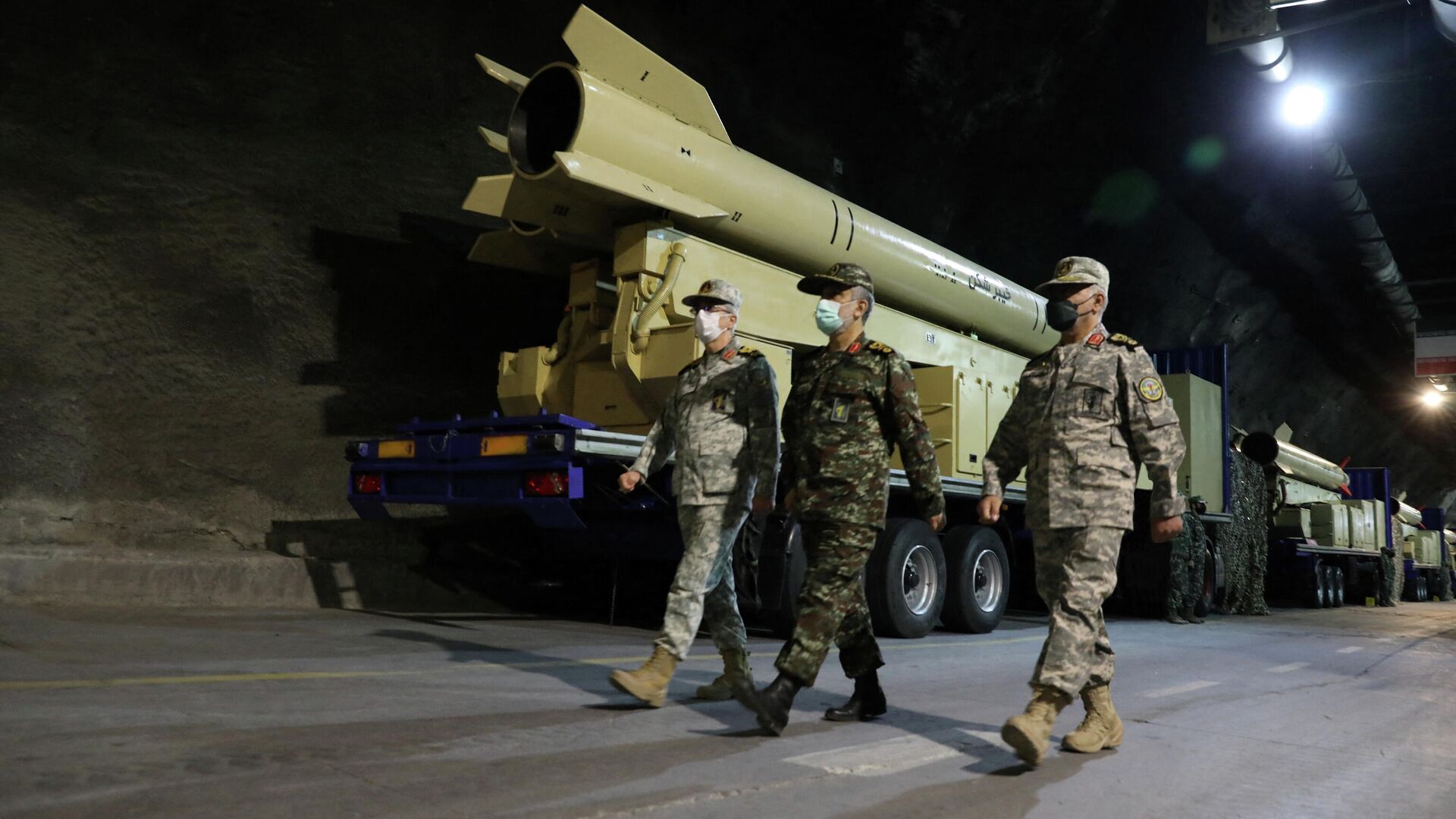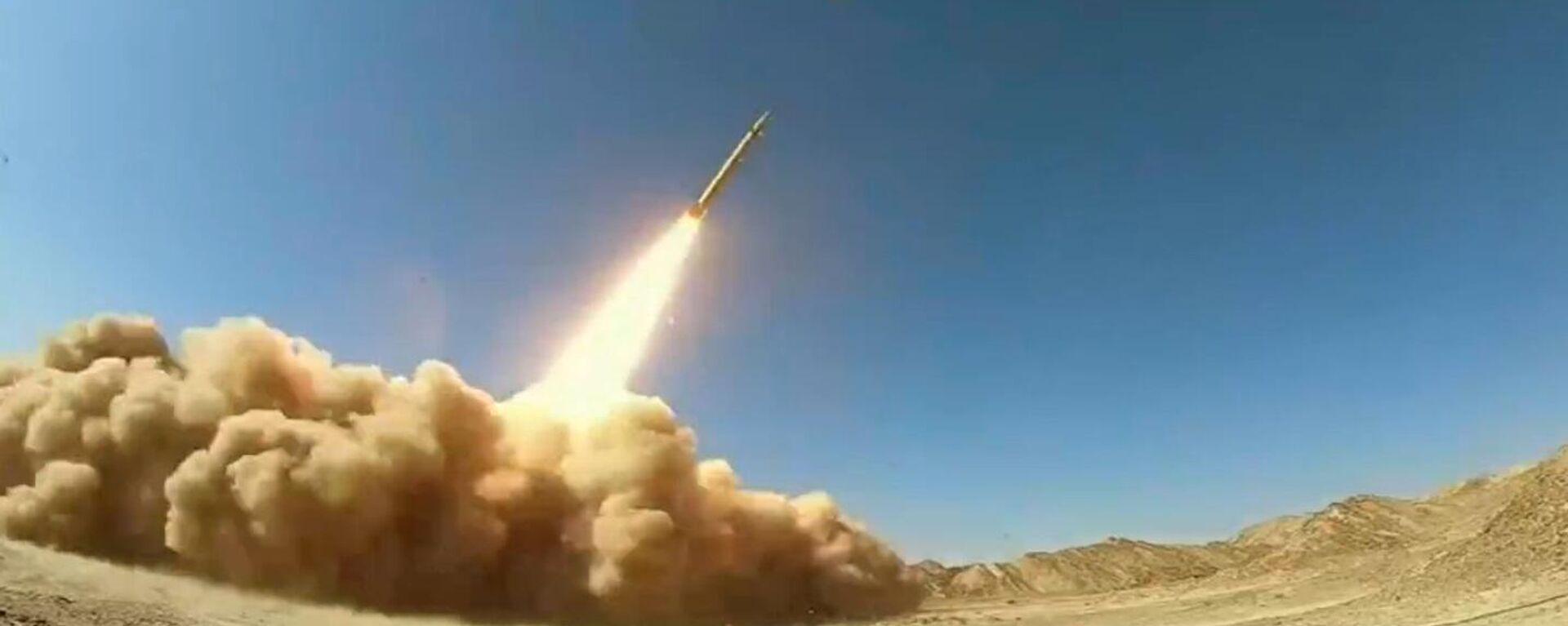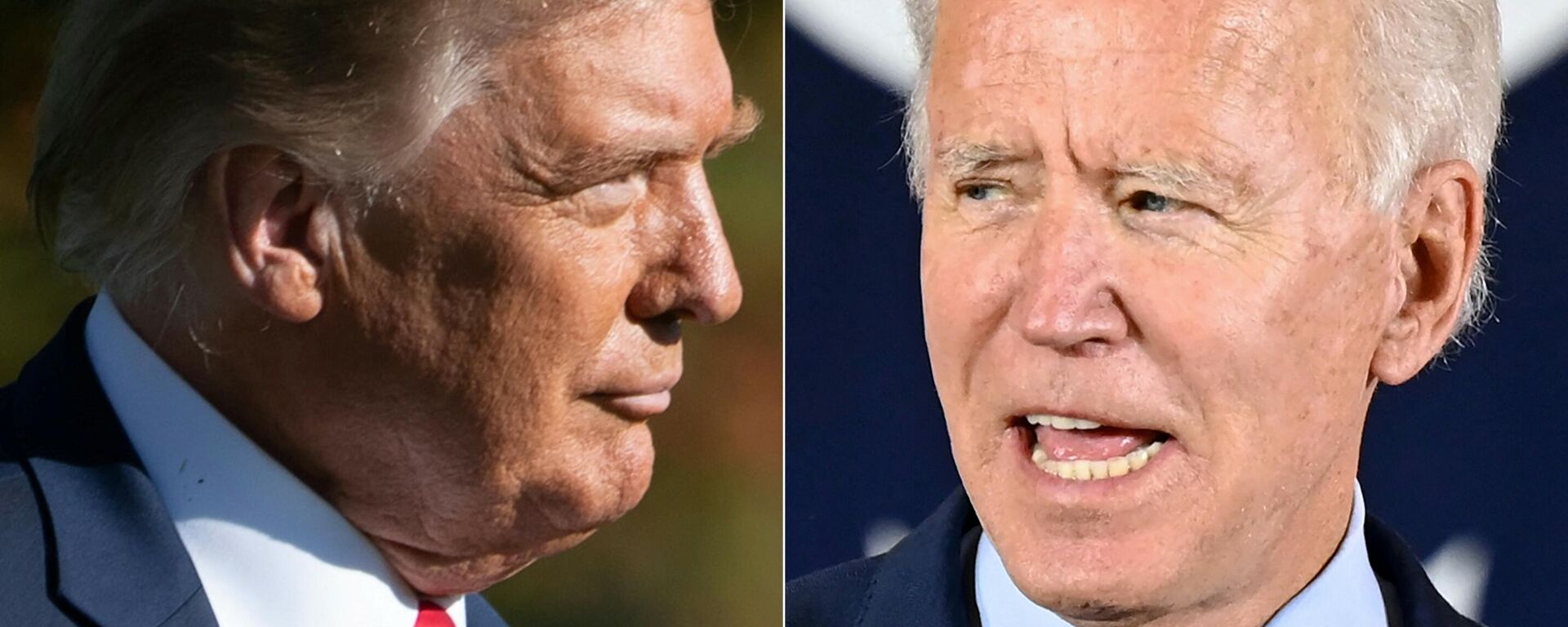Iran Just ‘Weeks’ From Having Enough Material for Nuclear Breakout, US Senate Told
18:04 GMT 10.02.2022 (Updated: 19:04 GMT 10.02.2022)

© REUTERS / WANA NEWS AGENCY
Subscribe
Iran, other signatories to the Joint Comprehensive Plan of Action (JCPOA) nuclear deal, and the United States resumed talks in Vienna on Tuesday on reactivating the agreement following weeks of increasingly frantic statements by US officials about time running out for a compact to be struck.
Iran could produce enough highly-enriched material to build a nuclear bomb within “weeks,” senior US officials have told senators in a closed-door briefing.
Senators have expressed contradictory conclusions regarding the briefing’s implications, with some Democrats seeing it as a sign of the significance of the Vienna talks for restoring the JCPOA, while Republicans continue to maintain that the agreement with Iran is a "bad deal" that should not be returned to.
“I see no way to stop Iran’s progress other than reenacting this deal. And I left the briefing more certain than ever that we better be serious about trying to get back into an agreement,” Connecticut Democrat Chris Murphy, the chairman of the Senate Foreign Relations Committee’s Middle East department, told Politico after the briefing.
“The assessment of where the programme – where Iran’s nuclear programme is right now – is downright scary,” Murphy said in a separate interview with Jewish Insider, adding that the US assessment of the Islamic Republic’s nuclear breakout time is about eight weeks.
“I think a deal is within site, but only if you really squint,” the senator noted. “There are significant gaps between the two sides. It’s not [that] they can’t be closed, but every day that goes by and they’re not is not great for the chances of success,” he added.
The president’s party appears to be increasingly divided on the matter, with New Jersey Democrat and Foreign Relations Committee Chairman Bob Menendez expressing uncertainty over the JCPOA’s future.
“I don’t think members know exactly what reentry [into the agreement] means. What is the deal? Is it exactly the way it was? Is it different? If so, how? What are we giving? They should walk away when they see there’s not a good deal to be had. I don’t know what the timing of that is, but whenever that is, the window is closing fast,” Menendez suggested.
The Biden administration has also come up against pressure from Senate Republicans, who control half of the chamber’s 100 seats, to scrap negotiations.
On Wednesday, a group of 33 Senate Republicans led by Florida Senator Marco Rubio and Texas Senator Ted Cruz wrote a letter to Biden, insisting that the president would be required to submit any Iran deal to Congress for approval.
“As a threshold matter, we reiterate our view that any agreement with Iran regarding its nuclear programme is of such gravity for US national security that by definition it is a treaty requiring Senate advice and consent…Any agreement related to Iran’s nuclear programme which is not a treaty ratified by the Senate is subject to being reversed, and indeed will likely be torn up, in the opening days of the next Presidential administration, as early as January 2025,” the GOP lawmakers warned in their appeal.
Speaking to JT, Rubio said he didn’t believe that a “good deal” was “in sight because the only deal with Iran…appears to be one that would freeze in place the gains they’ve already made, and that would be dangerous for the world.”
Negotiations on the US’s possible return to the JCPOA began last year, three years after the Trump administration unilaterally pulled out of the landmark international agreement following intense Israeli lobbying. Iranian officials have demanded that the US scrap sanctions, and have brushed off efforts to include amendments to the original deal to include Iran’s missile programme or its regional security policy. Washington has insisted publicly that it will return to the deal only if Iran first reduces its uranium enrichment and stockpiling activities to those prescribed under the JCPOA.
Israeli officials have warned that they will not be bound by any Iran nuclear agreement and threatened to carry out strikes, unilaterally if necessary, to stop the Islamic Republic from building a nuclear bomb. Late last year, former Israeli national security advisor Chuck Freilich called for cooler heads in Tel Aviv, saying that even if Israel could destroy Iran’s nuclear facilities, the Iranians would be able to quickly rebuild, and be certain to carry out devastating retaliatory attacks together with their regional allies.
Freilich stressed that Iran has been observing the nuclear agreement, and emphasized that Iran has never actually demonstrated that it is pursuing nuclear weapons, despite being listed as being just “months” or “weeks” from nuclear weapons capability for at least the past 15 years.
Iranian officials have long denied having any intention to build a nuclear bomb, and have ripped the international community for its close focus on Iran’s nuclear energy programme while allegedly ignoring Israel’s status as a nuclear weapons (Tel Aviv neither confirms nor denies having this status).


